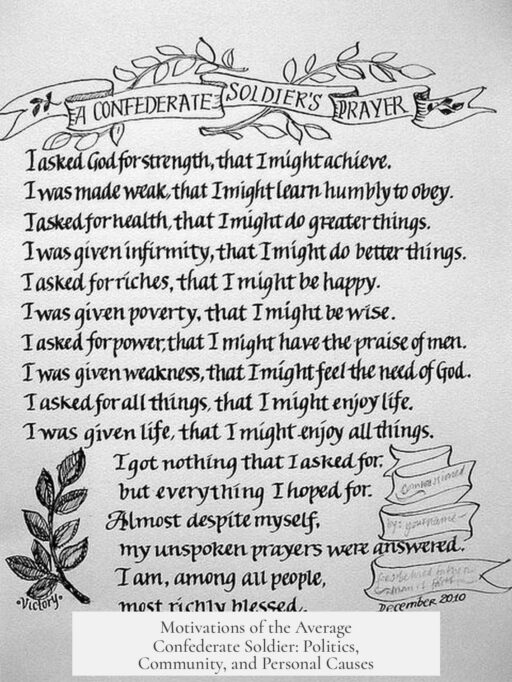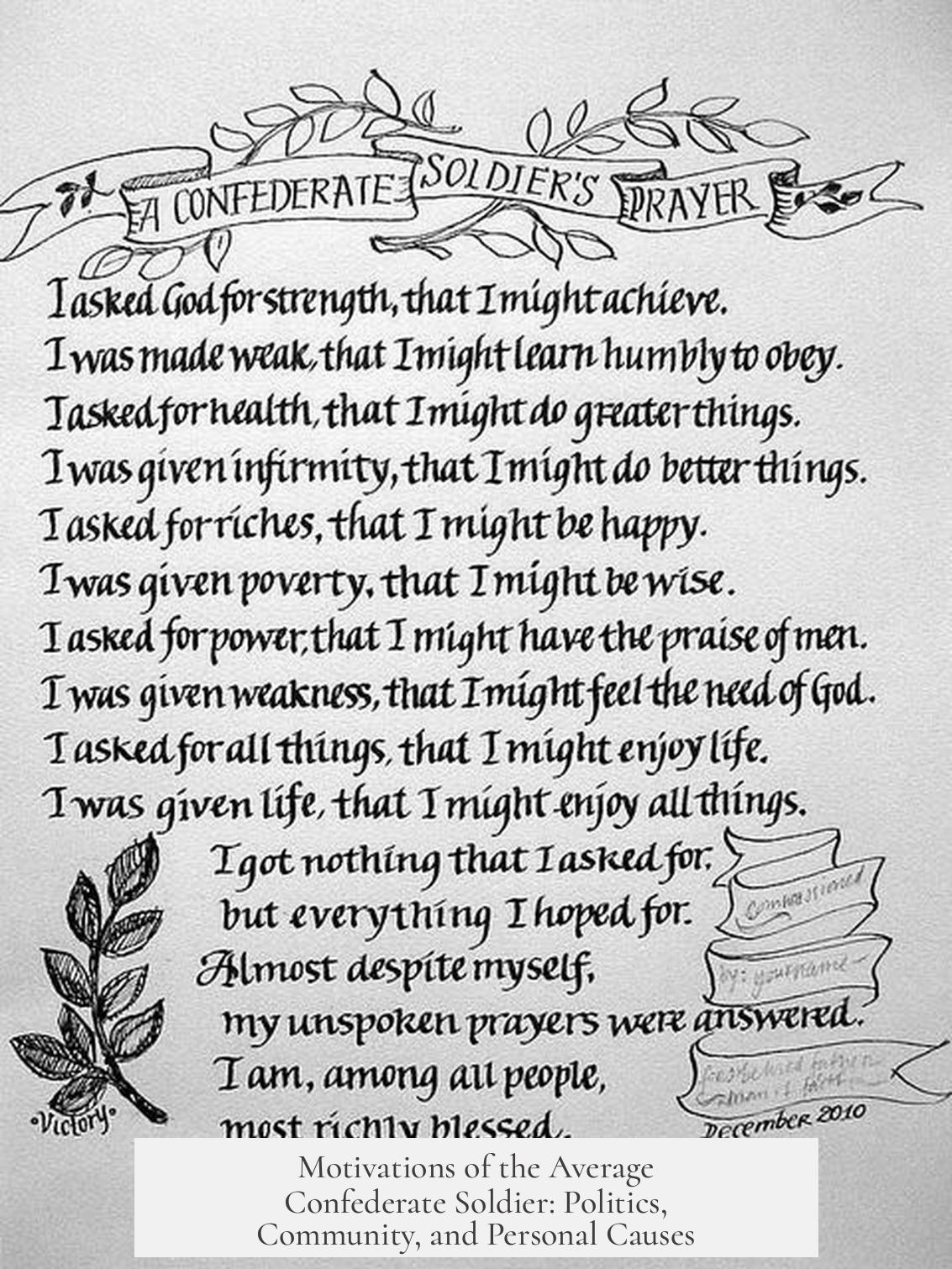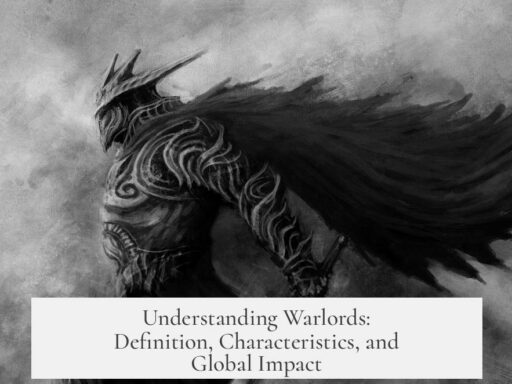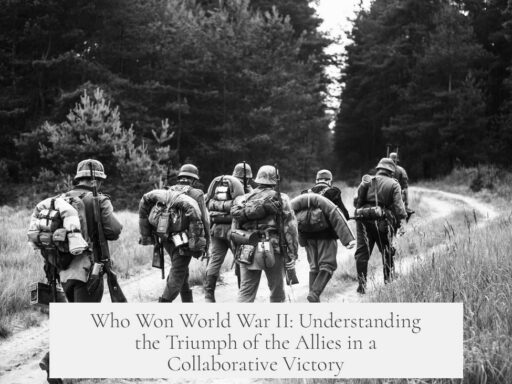The average Confederate soldier fought motivated by a mix of perceived political oppression, community loyalty, ideological beliefs, and hopes for honor and freedom. These men perceived the Northern states as politically dominant and hostile to Southern interests, fueling feelings of resistance. They also felt a strong duty to protect their homes and society, driven by social ties and shared identity. Many embraced the war as a noble cause linked to maintaining their way of life and freedoms, including the right to own slaves. Religious faith and early battlefield successes reinforced their conviction that they had divine approval to fight.
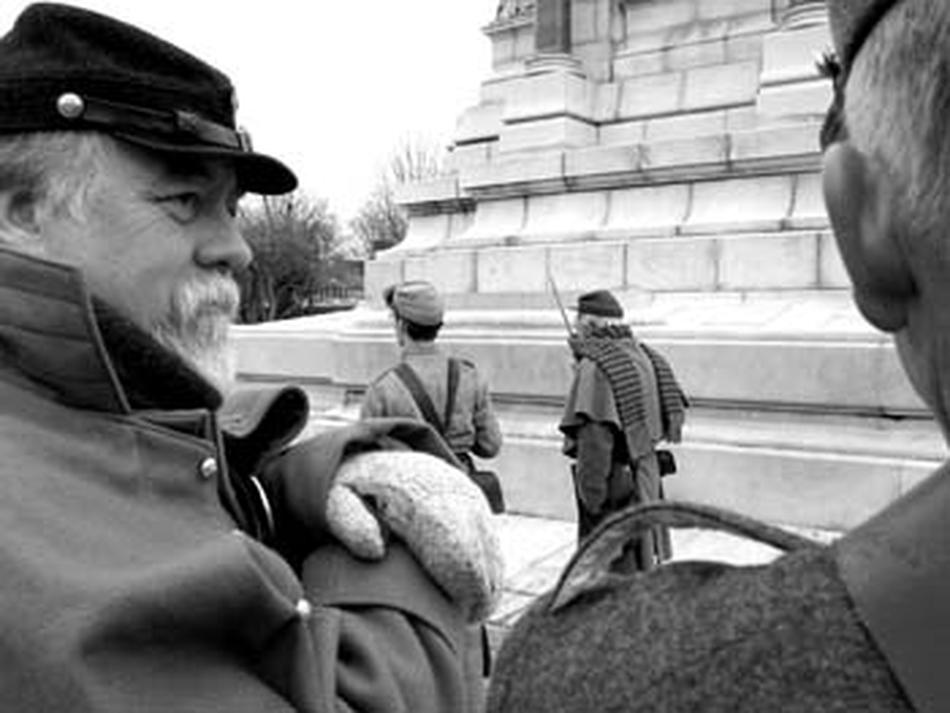
In detail, political grievances formed a key motivation. Southern states saw themselves as excluded from meaningful influence in the federal government after the 1860 election. Abraham Lincoln won the presidency without any Southern electoral votes. Leaders warned that the more populous Northern states could dominate legislation and ignore Southern interests. This created a widespread belief that the federal government no longer represented them. Confederate soldiers accepted this framing and viewed their fight as defending their rights from Northern encroachment.
Legal and social confrontations also fed into this view. The North’s refusal to enforce the Fugitive Slave Laws and reactions to the Dred Scott decision appeared as threats against Southern society. Southerners thought that the federal government, controlled by Northerners, no longer protected their laws or customs.
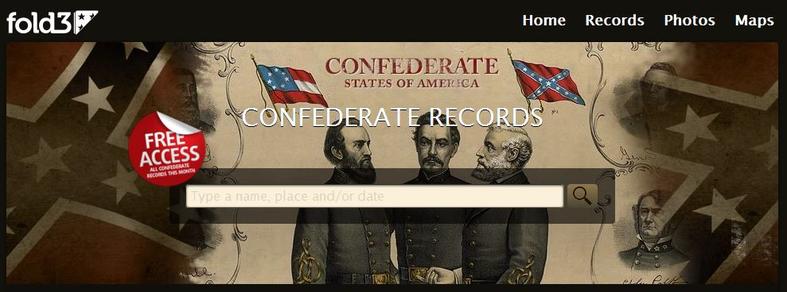
However, the political argument has complexities. Lincoln’s name was not on the ballot in many Southern states, which rejected the Republican Party. Also, Southern states historically benefited from the three-fifths compromise that boosted their congressional votes, though slaves could not vote. So, while the perception of political marginalization was genuine, it was tied to evolving and contested interpretations of power.
Community and solidarity exerted strong influence. Many Confederate soldiers enlisted out of loyalty to neighbors and family who joined. This occurred despite socioeconomic differences; poor whites who did not own slaves still felt ties to the wealthier planter class through shared racial identity and nativist views.
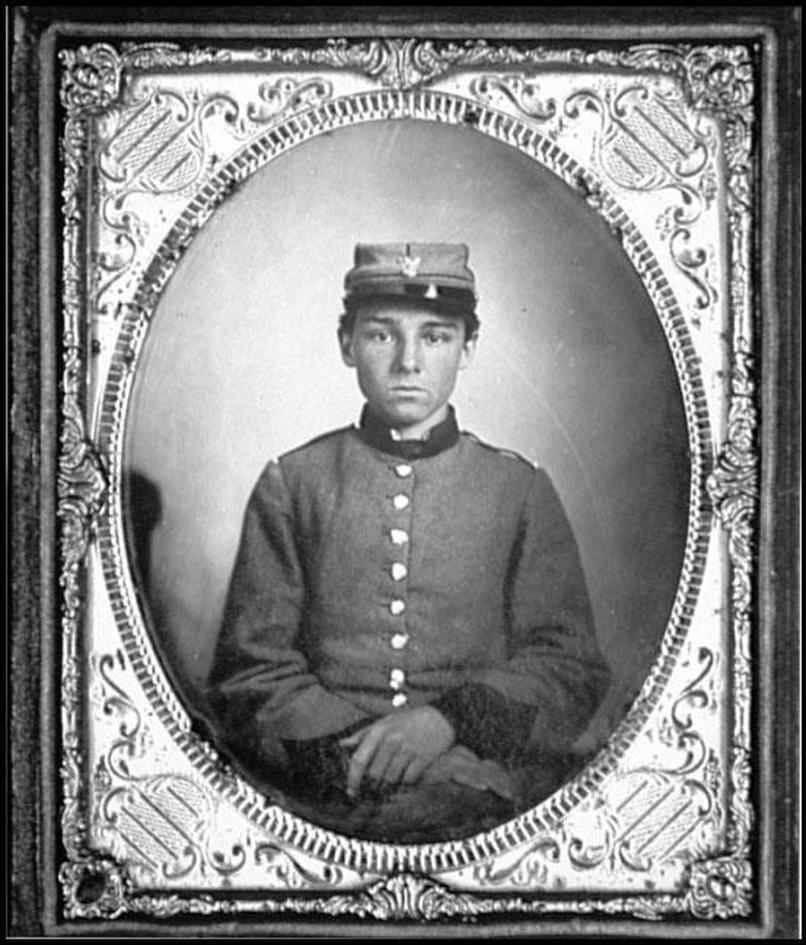
- Confederate identity was linked to white supremacy and opposition to Northern immigrants and Black populations.
- Such attitudes strengthened an “us versus them” mindset, motivating soldiers to defend their society’s hierarchy.
Ideological and personal motivations also played a role. Soldiers expressed pride in fighting for what they called a noble cause. Many saw themselves as defending freedom—freedom to maintain property rights, including slavery, and freedom from an oppressive federal government. The Confederate rallying cry reflected this belief in a just and honorable enterprise.
Religious faith bolstered morale. Early battlefield successes, especially by the Army of Northern Virginia, convinced many that their cause had divine favor. Newspapers framed victories as proof of Southern superiority. This optimism persisted until mid-1863. After significant losses at Gettysburg, Vicksburg, and Sherman’s campaigns, confidence and motivation faded considerably.
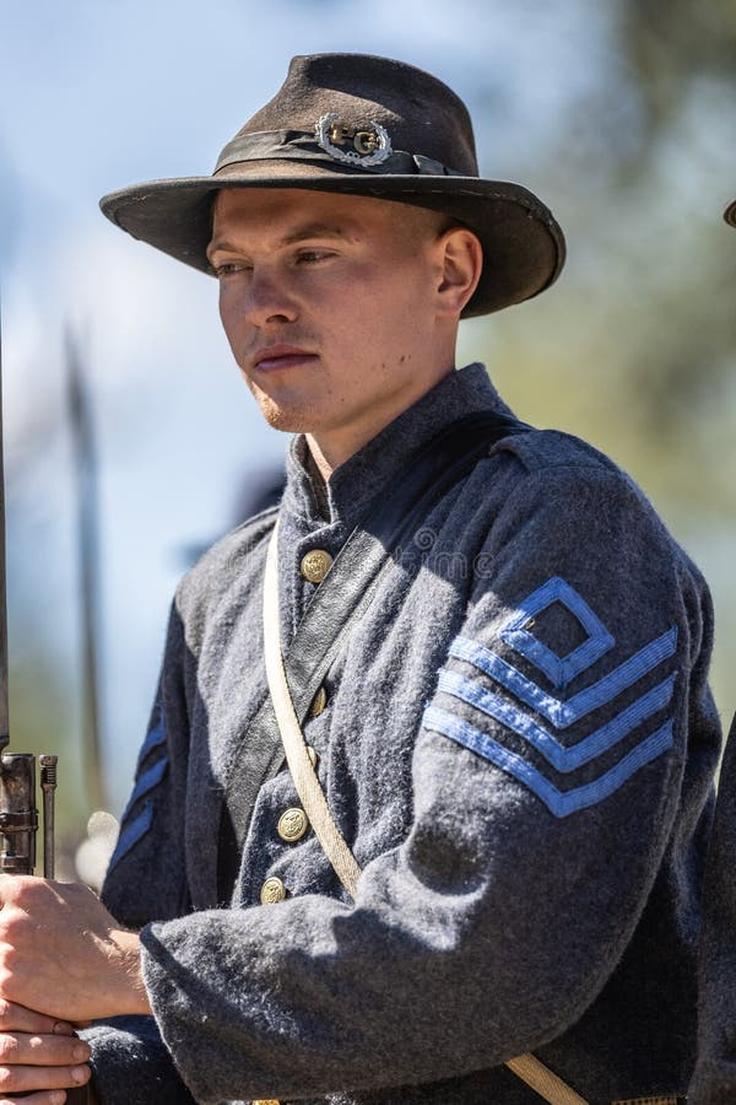
| Motivation Category | Key Points |
|---|---|
| Political Resistance | Belief Northern states oppressed the South politically; loss of influence post-1860 election |
| Community Duty | Loyalty to family and neighbors; solidarity despite class differences; racial and cultural identity |
| Ideology and Glory | Fighting for freedom to maintain slavery and lifestyle; desire for honor in a noble cause |
| Religious and Moral Confidence | Belief in divine approval; early military successes reinforced will to fight |
The motivations of the average Confederate soldier are complex and intertwined with political fear, social bonds, ideology, and war-time experiences. Their understanding of freedom and duty was rooted in defending a social order challenged by sectional conflict.
- Many Confederate soldiers felt politically marginalized by the North and believed they fought to protect their rights.
- Social connections and shared racial identity created strong solidarity among soldiers of varied economic backgrounds.
- They embraced the war as a defense of their freedoms, including slavery, and considered their cause noble.
- Religious belief and early battlefield victories reinforced confidence in their mission.
What Were the Motivations, True or Otherwise, of the Average Confederate Soldier?
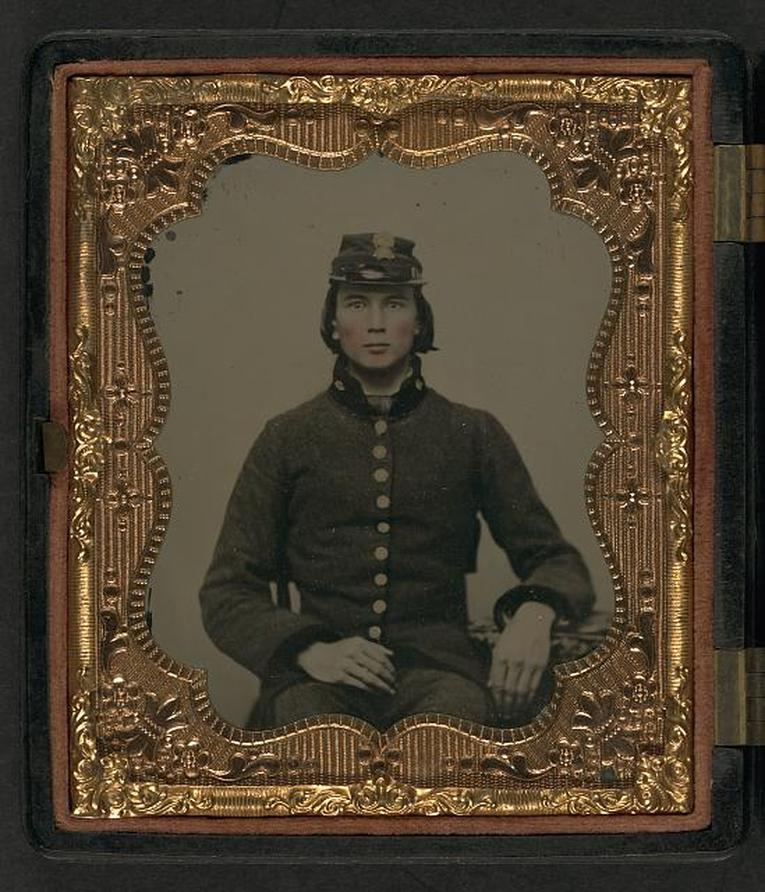
The average Confederate soldier marched off to war driven primarily by a deep sense of resisting what they saw as Northern oppression, a fierce sense of community duty, and a commitment to an ideology that blended freedom with a defense of their way of life. This complex mix of motives intertwines political fears, social bonds, and personal pride into a powerful current that propelled thousands into battle.
Let’s dive into the tangled web of why these men took up arms, peeling back the layers beyond just the cliché narratives.
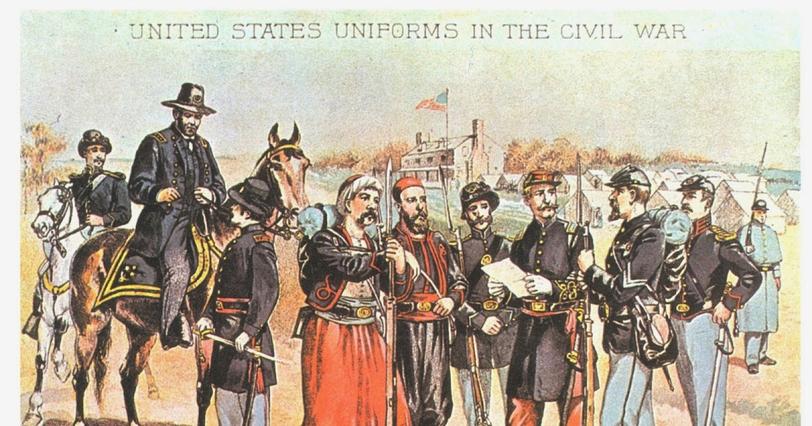
Resisting Political Oppression: Feeling Locked Out of Power
Politically, many Southerners viewed themselves as marginalized citizens in their own country. The 1860 presidential election is a key example. Not a single Southern state cast an electoral vote for Abraham Lincoln, yet he won the presidency. Imagine feeling like your voice doesn’t matter in a government that claims to represent “the people.” That frustrates anyone.
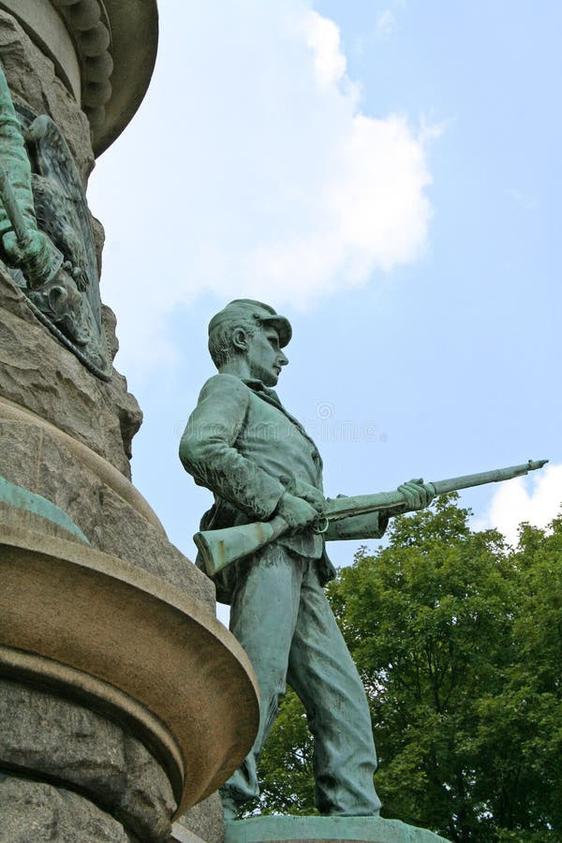
Southern leaders warned that the large population of Northern states enabled them to dominate Congress and the presidency, sidelining Southern interests. By the 1850s, it became mathematically inevitable that the North could control the federal government. Confederate soldiers, reading newspapers and speeches, absorbed this message.
“The conceit of the US Constitution, that the Federal Government was ‘of the people [and] by the people’ was no longer true in the eyes of Southerners.”
That perceived political shutdown was a prime motivator. Even though Lincoln didn’t appear on ballots in many Southern states, Southerners felt a growing disconnect. They viewed the federal government as something acting against them, not for them.
However, let’s not oversimplify. The Southern states’ electoral clout was partly bolstered by the “three-fifths compromise,” which counted slaves as three-fifths of a person for representation, yet slaves themselves had no vote. So the picture was complicated: Southern political power had been artificially inflated while actual representation was limited. Still, Confederate soldiers believed they were being drowned out by Northern majority rule.
Legal Battles Added Fuel: Social and Legal Interference
Controversies like the Fugitive Slave Laws and the Supreme Court’s Dred Scott decision also stirred feelings of Northern meddling. Even when rulings or laws favored Southern positions, attempts by Northern states or citizens to resist enforcement were seen as attacks on Southern society. Federal authority was no longer trusted to be neutral or protective.
Imagine being a soldier who hears about neighbors in Northern states openly defying laws that Southerners saw as vital to their society. It felt like an insult, an injustice. This perception deepened the conviction that the fight was necessary, not optional.
Community Solidarity: More Than Politics, a Personal Cause
Politics aside, Confederate soldiers often joined out of loyalty to their communities. When neighbors, siblings, and friends decided to march, others followed. It was not just a political battle but a social one — a defense of home and honor.
Interestingly, many of these soldiers didn’t own slaves and might have suffered economic inequality under the plantation-based system. Yet they stood with wealthy slaveowners. Why? A shared Southern identity linked by race, tradition, and a kind of agrarian nativism, which painted Northerners, immigrants, and Blacks as outsiders and threats.
This “us versus them” mindset was powerful. Newspapers and leaders often emphasized it, fostering an ideology grounded in white solidarity and defense of their “way of life.” It’s uncomfortable but true that racism and nativism were foundational parts of this solidarity.
Seeking Glory and Fighting for Freedom
Confederate soldiers were not mere pawns. Many wrote about feeling part of a greater and noble cause. The war was “their chance” to protect freedoms — particularly, the right to own property, including slaves, which the Northern states increasingly challenged.
Freedom for them meant something very specific: the freedom to maintain an economic and social order they believed was threatened. They saw their fight as defending their liberty from a government increasingly hostile.
Moreover, there was a sense of excitement and adventure. Young men, especially, often sought the glory that war promised. The romantic ideal of fighting for a cause larger than oneself, to achieve honor on the battlefield, was a strong recruiting message.
Divine Favor and Early Optimism
Religion played a significant role in morale. Up until mid-1863, many Confederate soldiers and civilians believed their cause had divine approval. The military victories of generals like Robert E. Lee against what seemed like bumbling Northern generals fed this belief.
Such victories reinforced the idea that Southerners were destined for success—chosen by God to defend their homes and culture. The press amplified this message, boosting spirits.
However, this optimism crumbled after July 1863 when key battles like Gettysburg and Vicksburg ended in crushing defeats, followed by Sherman’s destructive march through Georgia. Morale plunged, and motivation dried up as reality set in.
What Does This Mix of Motives Really Tell Us?
Put together, the average Confederate soldier is not easily summarized by a single reason or simple cause. Their motivations blended genuine fears of political exclusion, social loyalty, cultural identity, ideological beliefs, and personal experiences.
They fought for:
- Resistance to a government they felt increasingly alienated from.
- Neighborly solidarity and a shared community identity.
- A defense of specific notions of freedom, including the preservation of slavery.
- Adventure, pride, and hope for divine validation.
This variety also explains the contradictions. Many poor soldiers wouldn’t personally gain from slavery, yet they defended it fervently. Their commitment was not just economic; it was sewn into their sense of self and society.
How Should We Understand These Motivations Today?
History is rarely neat. Understanding the Confederate soldier’s motivations requires acknowledging the harsh realities—like the role of racism and economic inequality—while appreciating the genuine fears and values that drove these men.
Their story challenges us to consider how political alienation and social identity can fuel conflict. It urges a careful look at how different groups feel “left out” or “under threat” in volatile societies.
And perhaps we can ask: When people feel powerless in the political process, what happens next? Do they turn toward solidarity and defense of tradition? Do they seek glory and ideological assurance? Or do they push for reform?
Understanding this may help prevent future conflicts born of perceived oppression and fractured societies.
Final Thoughts
The motivations of the average Confederate soldier are a tapestry embroidered with political, social, and personal threads. They fought because they believed their world was under siege. Their fight was about power, identity, community, and above all, a vision of freedom that is complex and contradictory.
By appreciating this complexity, we gain a clearer picture of one of America’s most intense and tragic conflicts. It’s a story not just of battles and politics but of human hopes, fears, and convictions woven tightly into the fabric of history.
What political fears motivated Confederate soldiers to fight?
Many believed the North marginalized Southern states politically. They felt the 1860 election showed Northern dominance, leaving the South without government influence. This belief fueled their sense of oppression and defense of their rights.
How did community ties influence Confederate soldiers’ decisions?
Soldiers often joined because neighbors and family enlisted. A strong sense of local duty and solidarity across social classes made many feel obligated to defend their community despite personal economic status.
Did Confederate soldiers fight mainly to preserve slavery?
While protecting slavery was part of the cause, many framed their fight as defending freedom from Northern government control. Ownership of slaves was tied to their idea of property and autonomy.
How did views on race and identity shape Confederate soldiers’ motivations?
Confederates shared nativist and racist ideas, seeing Northern blacks and immigrants as threats. This ‘us versus them’ mindset strengthened their loyalty and justified their struggle.
What role did optimism and religion play in motivating Confederate soldiers?
Early victories boosted confidence and belief in divine favor. Many thought their cause had God’s approval, which increased morale until significant losses in 1863 began to weaken their resolve.
